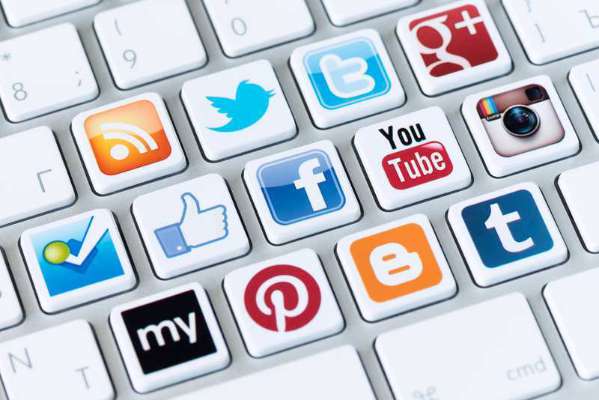Social Media Does Not Reduce Face-To-Face Communications Claims That Study
Ever since the creation of the telegram, the acceptance of new techs, such as smartphones, social media, and television has often resulted in fears of the drop of face-to-face communications and the possibility of lowered happiness. Now, scientists at the University of Kansas and the University of Missouri have discovered that social media employment has no noteworthy off-putting impact on social well-being or social interactions.
“The present hypothesis is that when users invest more time on apps such as Snapchat and Facebook, the quality of their personal social interactions reduces,” claimed assistant professor at the MU School of Journalism, Michael Kearney, to the media in an interview. “On the other hand, our outcomes recommend that social media employment does not have a strong affect on future social communications.”
Kearney and the survey group arranged 2 studies, one short-term and other long-term, to trial the theory. The first survey, which followed the employment of social media by individuals between 2009 and 2011, discovered that alteration in social media employment was not related with modifications in direct social interaction. Moreover, the members’ feelings of social interaction essentially elevated.
The second study, which studied college students and adults over the period of 5 Days via text-messaging, discovered that employment of social media earlier in the day did not have any impact on future social communications. On the other hand, the scientists also discovered that passive employment of social media resulted in lower levels of interactions if that individual had been alone previously in the day.
“People who employ social media unaccompanied are expected that they are not getting their requirements of face-to-face social fulfilled,” Kearney claimed. “So if they are not having their social requirements fulfilled in their life exterior to social media, it makes logic that seeing at social media may make them feel additionally lonelier.”

